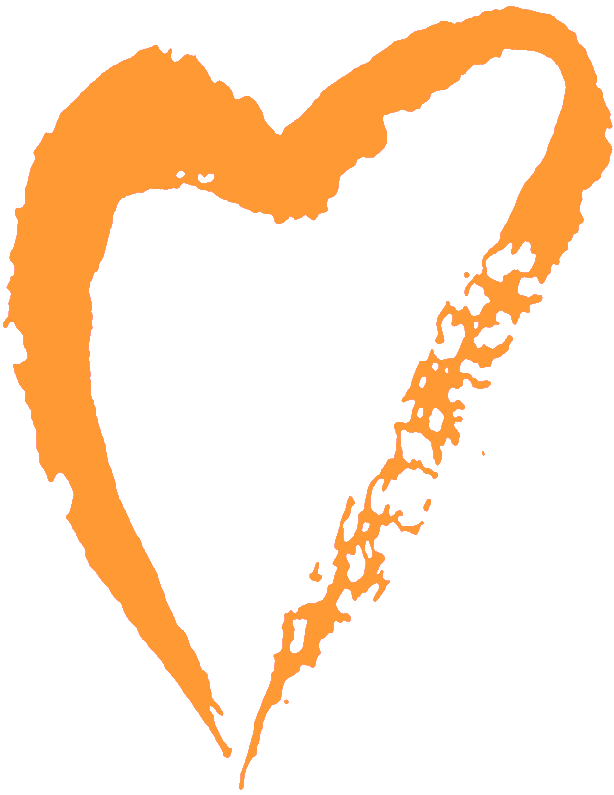The Revolution towards Gender Justice
“Is it a boy or a girl?” is the most common question asked of parents-to-be. The answer to the question makes us think we can imagine the child’s life and the experiences the parents will have raising them. We are taught that knowing this will determine what presents to buy, what color to paint the nursery, and what yarn to choose for the baby blanket. In places like the United States since colonization, people have had two gender categories in which to place the people they met: boy or girl, male or female, woman or man. Every day, many of us define people according to a whole host of binaries: If we are male or female; If we are white or a Person of Color; If we are able-bodied or disabled; If we are cisgender or transgender and on and on.
What happens when we do this is obvious: a paradigm for dominance, power and privilege emerges. If your identities are privileged, you are taught your identity defines what it means to be normal. If your identities are marginalized and dehumanized, your ability to move in the world is profoundly impacted and limited based on existing systems of power.
In the 1960s and 70s and on into the 80s, second-wave feminists, of which I was one, tried unsuccessfully to overturn this paradigm. We challenged gender roles in ways that had never been done before. Why couldn’t a woman be an attorney, a doctor, a CEO? Why couldn’t a woman live by herself, get married when (or if) she chose, get a credit card in her name? And though these efforts to challenge traditional gender roles provided a platform and increased opportunity for cisgender women, this organizing rarely included and failed to center the priorities of transgender and gender non-conforming people- in an effort to achieve gender justice more broadly.
In addition to demanding wider access to roles that had previously been restricted to men, second wave feminists challenged language in new ways. Policeman, mailman, any use of the word “man” excluded women. Policeman became police officer. Mailman became postal carrier. “Goodwill to man” became “goodwill to all.” “He” became “he or she,” “she or he,” or even “s/he.” Diminutive suffixes such as “ess” were also discouraged. Stewardesses became flight attendants. Actresses became actors.
Not all welcomed this revolution against language. People recoiled from demands to use non-sexist language. But feminists of the day would not be ignored. I’ve attended church services where when the celebrant used the word “mankind,” women in the pews collectively shouted out “humankind,” or “men and women” or “people.” I’ve been in meetings where women left of the room because the speaker used sexist language. I’ve done it myself. I’ve shouted out, walked out, and corrected sexist language on too many occasions to count.
Language matters. Language determines whether we feel included or excluded, considered or ignored. I know this because I’ve felt excluded and ignored by language. I still do, at times. It’s become a part of me. The language you choose tells me how much you’ve considered my needs, my perspective, my sensibilities.
Today, organizing and action call for an urgent recommitment to work for a revolution towards gender justice. A revolution that seeks to overthrow the concept of gender as we’ve know it. Boy or girl, male or female, woman or man become fluid and self-determined constructs in this revolution. Today’s youth and young adults are leading us into a new world, one where biology is no longer immutable and the roles we assume are no longer defined by or restricted to our biology. Gender justice, and its connection to collective liberation, has been a consistent and central message of the Movement for Black Lives.
Those of us who are older can choose to oppose this revolution, but if we do, we’re denying the work of prior generations who paved the way for this to be possible. Instead, I’ve come to believe that we have only two moral choices: join the revolution or step out of the way.
As we head into Transgender Awareness Week and commemorate Transgender Day of Remembrance on November 20, 2015, it’s time for us, especially those of us born before 1970 who are cisgender (someone whose gender corresponds to their assigned biological sex) to, once again, consider the importance of language. One way to do that is by making a point of asking each person we meet what name and personal pronouns speak to their identity. It seems like such a simple thing but, if we’re committed to making people feel welcomed in our congregations, our movements, and our families, it’s a simple thing that matters. Will you join the revolution with me?
I use she, her, hers. What about you? Which pronouns do you use?
In faith,
Annette Marquis, LGBTQ Programs Director
Multicultural Growth and Witness, UUA
For more about transgender identity, inclusion, and resources, click more information here.

